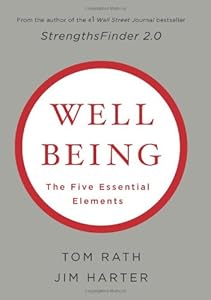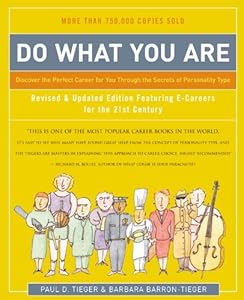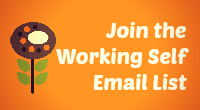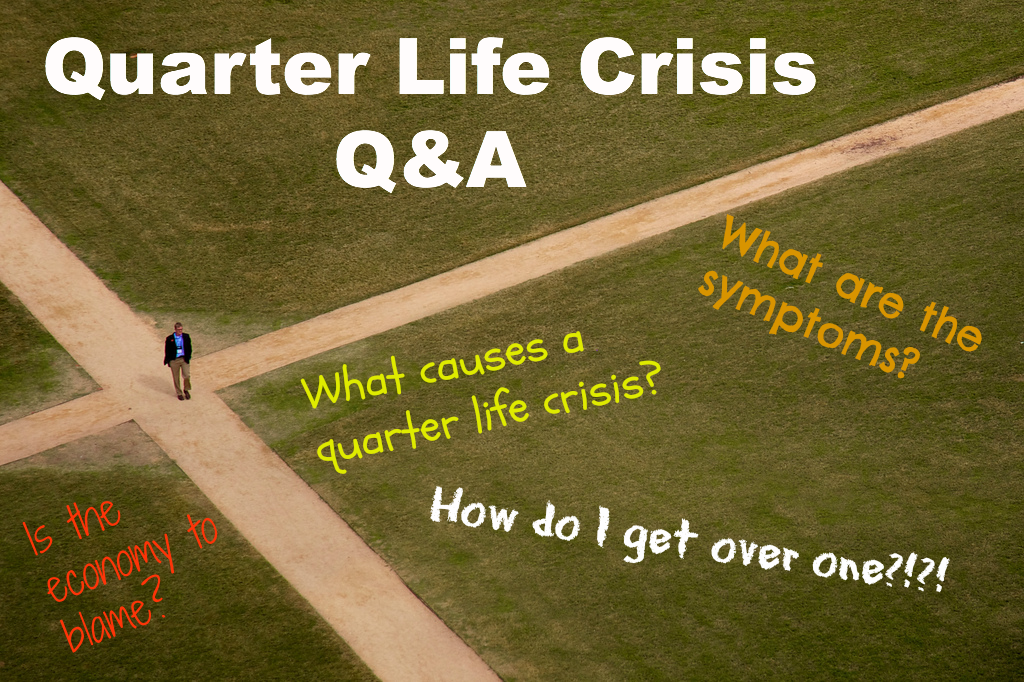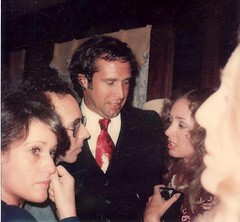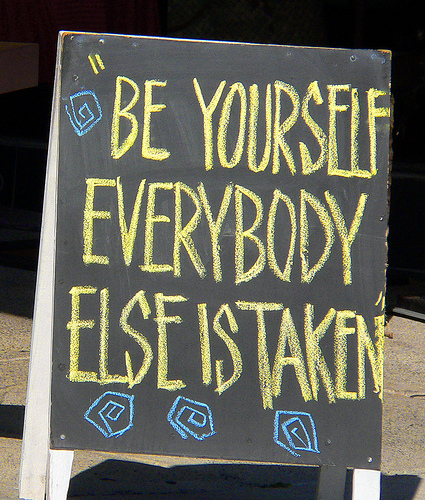Here's my big admission: I'm obsessed with Google calendar. Obsessed. It's never not open on my computer. Sometimes I stare at my week's schedule in wonder. All too often I'm tempted to enter "event" blocks for the sheer thrill of putting them in there.
Why?
Because a little girl named Becca Lynn created schedules just like this. WAY back before Google. Back before even AOL or Prodigy or - gasp - affordable home computers.
Pen and paper worked just fine for childhood fantasy games, thank you very much. Still does.
Most days I'd sit at my mom's home office desk and ask her to "call" me to make appointments in my business du jour. Hair salon, travel agency, greeting card company, private museum, sign factory...I ran them all (sometimes all at once).
The common task running through all of these businesses was that you had to make appointments to see me. And I reveled in creating elaborate charts to record said appointments.
Now, thirty years later, here I am with my own real live Google calendar, booking appointments with glee. I feel like a delighted little girl every single time I rearrange my blocks to "squeeze in" a student or a client or even some special time with my daughter (yes, I've become THAT person - not because I need a schedule to remember my daughter, but rather because creating blocks is so fun!)
Get in Touch With Childhood Pleasures
I'm telling you all of this because today I want you to reflect not on WHAT you wanted to be as a child, but on what you liked to DO.
Ditch the job titles. That's not at all what we're talking about here.
We're talking about tasks.
In the past I wrote about how career choice may be partly in our genes, with 50% of our interests and 30% of job satisfaction being attributable to genetics. I then wrote a follow-up post encouraging you to consider the innate environmental preferences you have, including a handy list of questions to ask yourself along the way.
When I looked over my questions, though, I realized that tasks isn't even on there. Huge oversight.
The more I work with students and clients on career choice, the more I realize that preferred tasks is where the core of job satisfaction is at. Period.
It's Fine If You Never Had Childhood Dreams
The beauty of focusing on preferred childhood tasks is that it even applies to the people who say, "But I never wanted to be anything when I was a child. I had no career dreams."
No matter. You still did things as a child, didn't you?
Whether at play or on athletic fields or during recess with your friends, you had chosen activities that made you feel happy and free and alive. (I so do not want to know what Jason, the kindergartner who spent recess tracking me down and kicking me in the stomach, is now doing with his life...)
How to Identify Your Childhood Preferred Tasks
So think back - right now! - to that kiddo you were around 5 to 9 years of age, before society's "shoulds" strongly entered the picture.
Then do the following:
- List the things you spent your time doing when you were able to choose your activities (yes, we all spent tons of time in school. Who cares? That wasn't by choice. Now if you were creating a school at home, that's a different matter entirely).
- For each activity, break down the skills and tasks involved in each. For instance, my private museum tours about the Tawls, the wondrous people of the North that I invented (their fort is pictured above...), involved scheduling, creativity, teaching, entrepreneurship, and public speaking. Basically a mini-version of my current life. Basically.
- Then go through your list of skills and tasks and take note of two things:
- The tasks/skills that appear repeatedly
- The tasks/skills that you would like to use in the future (i.e., those you believe you'd still prefer, even if you haven't used them in years - or decades!)
If you really want to get serious about the preceding task, make a field trip out of it. Set a time in your schedule (your Google calendar, perhaps...?) to go back and intentionally revisit your childhood stomping grounds. Thanks to the context-dependency of memory, you'll be amazed at all the memories that suddenly appear on your school lot or your childhood street corner (although the latter would prompt me to ask, what were you doing as a kid exactly?).
Childhood = Pure
Sure, our childhood selves didn't know it all. Far from it. We've developed skills and tried out tasks that we didn't even know about when we were 6.
That's no reason to forget the activities we were drawn to when we were little, though. In fact, I'd argue that's all the reason not to forgot those childhood activities.
Because what we did when we were kids, that was the true stuff. It wasn't about adding to the resume or proving ourselves or impressing anyone (Case in point: the coat I'm wearing in the photo above. Clearly impressing was not on the list).
It was about enjoying life, fully and in the moment, for no ulterior motive other than joy.
Which is the goal of any good career search, now isn't it?
So you know what you need to do. Get down to it.
I'll be over on Google. You know, doing some scheduling.






